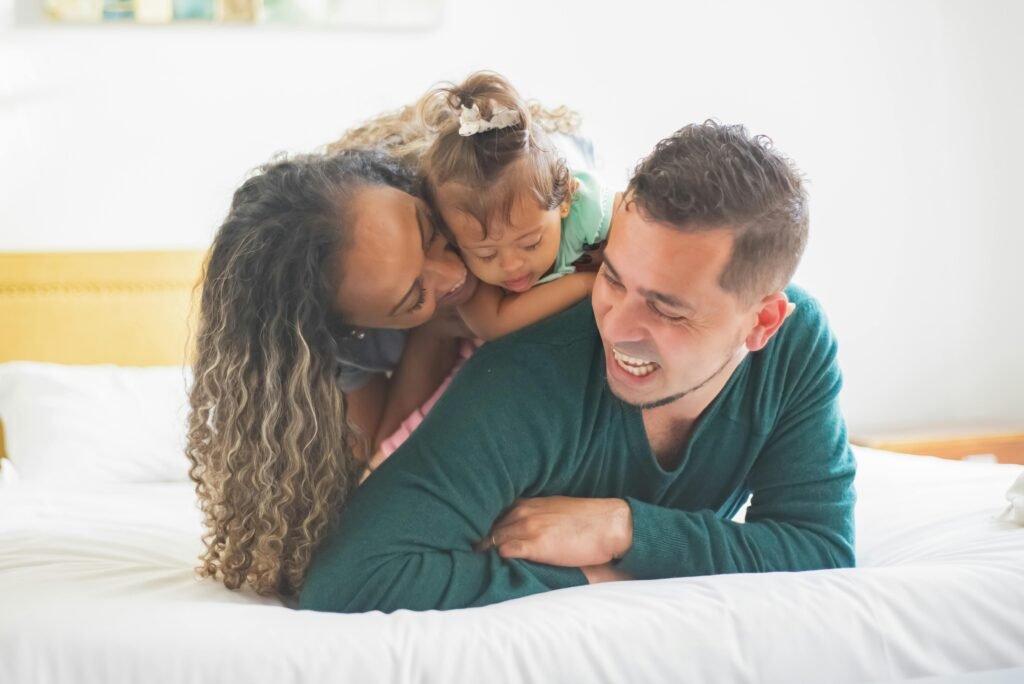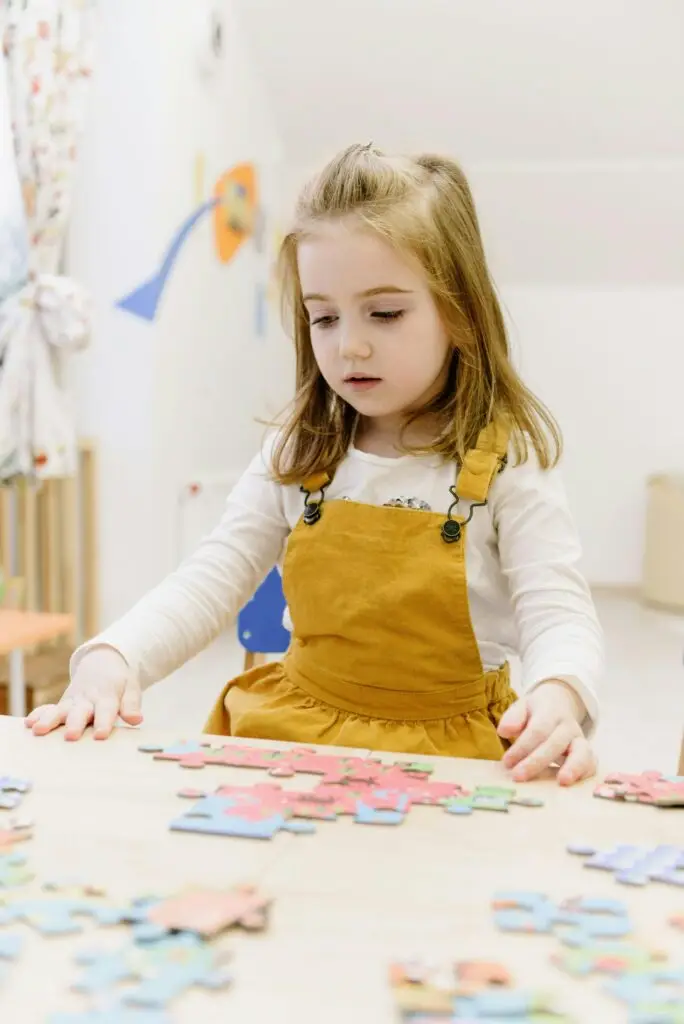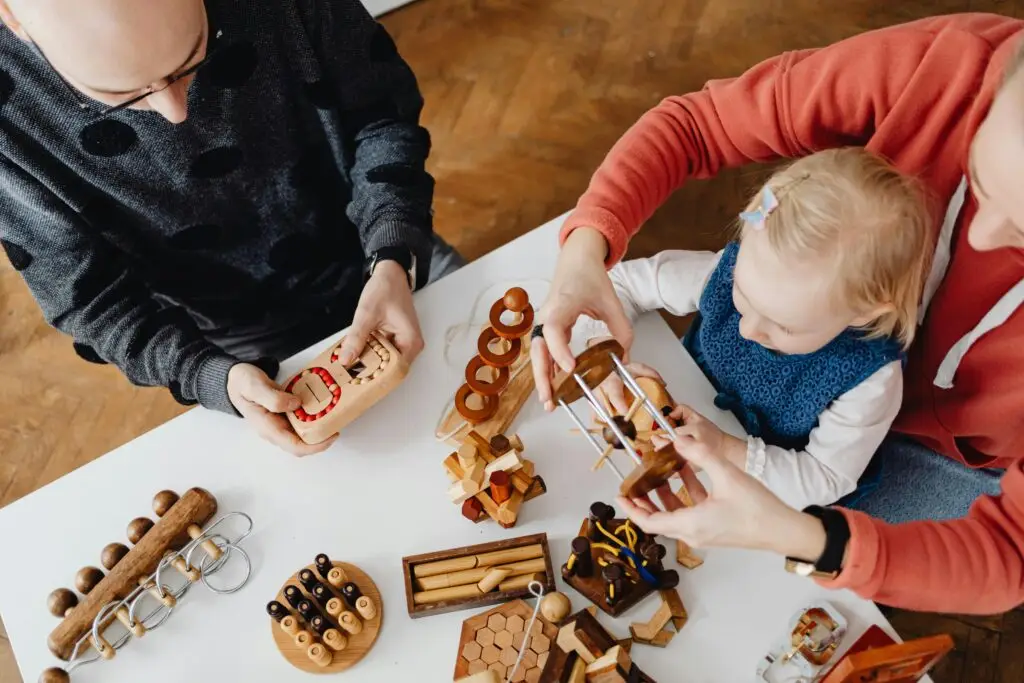Strengthen Your Parent-Child Bond with One Simple Act
Picture this—a long day, a moment of frustration, and words you didn’t mean to say slip out. Overwhelmed, you might think, “They’ll forget,” or “I’m the parent—I don’t need to apologize.” But the truth is, apologizing to your child is one of the most impactful things you can do to foster trust and respect in your relationship.
Whether it’s a minor mistake, like reacting without listening, or a more significant one, acknowledging your error can be a transformative experience for both you and your child. This post will guide you through the importance of apologizing to your child, when it’s necessary, how to do it well, and how modeling this behavior benefits your family in the long run.
Why Apologies Matter in Parenting
Dr. Jane Smith, a renowned child psychologist, explains, “Apologizing to your child fosters trust and respect, key components of a healthy parent-child relationship.” When we apologize, we acknowledge our humanity and vulnerability. Children learn that even adults make mistakes, and that owning up to those mistakes is not only acceptable but admirable.
Apologies bridge the gap caused by misunderstandings, hurt feelings, or tension. They show your child that their feelings matter and help create a safe space for open communication. For you, as a parent, apologies provide an opportunity to reflect and grow, ultimately becoming a stronger guide for your child.
Understanding Parent-Child Dynamics
Parent-child relationships are rooted in a delicate balance of care, authority, and trust. While you are responsible for teaching life lessons and setting boundaries, it’s equally important to nurture emotional connections. When parents apologize, they acknowledge the child’s perspective, reinforcing that their emotions are valid and heard.
Laura Johnson, a family counselor, notes, “When parents model the behavior of apologizing, they teach their children the importance of taking responsibility for their actions.” By integrating apologies into your parental approach, you model conflict resolution, accountability, and empathy—qualities that will greatly shape your child’s worldview.
When Should You Apologize to Your Child?
Not every moment calls for an apology, but here are clear signs it might be necessary:
- You’ve overreacted or spoken harshly: Perhaps your child spilled their drink, and you snapped without fully assessing the situation.
- You neglected their feelings: Missing an important milestone or failing to notice when they’re upset may warrant an apology.
- You were distracted or dismissive: If your child sought your attention or asked for help and you brushed them off, consider addressing it.
- You made a mistake that impacted them: Maybe you forgot a promise, broke a family rule, or wrongfully blamed them for something.
The moment you sense guilt or recognize your mistake’s impact, it’s time to offer an apology.
How to Craft a Sincere and Effective Apology
For an apology to resonate, it needs to be heartfelt and thoughtful. Here’s a step-by-step guide for getting it right:
- Acknowledge what happened: Clearly explain what you did wrong. For example, “I raised my voice when you didn’t clean your room, and that wasn’t fair.”
- Validate their feelings: Show empathy by recognizing how your actions might have hurt them. “I imagine that must have made you feel upset and unimportant.”
- Take responsibility: Avoid excuses or justifications that minimize your mistake. Own it with statements like, “I shouldn’t have yelled. That was wrong.”
- Make amends or a plan: Share how you’ll try to prevent the same mistake in the future. “Next time, I’ll take a deep breath before speaking so we can talk calmly.”
- Encourage open dialogue: Allow your child to share how they felt and validate their response without being defensive.
- Be timely: Apologies lose their impact if delayed. Address the situation as soon as possible.
Alex Rivera, an early childhood educator, reminds us, “Apologizing is not a sign of weakness in parenting; it’s a sign of strength and emotional intelligence that benefits both parent and child.”
The Powerful Impact of Modeling Apologies
Children learn more from what you do than what you say. When they see you apologize, they internalize humility and the importance of taking accountability.
Michael Lee, a parenting coach, emphasizes, “Sincere apologies are a powerful tool in conflict resolution, helping to mend the bond between parent and child.” Beyond mending the immediate situation, these actions teach lifelong skills that your child will carry into friendships, school, and careers.
Real-Life Stories of Apologies in Action
Sarah’s Story
Sarah, a working mom, missed her daughter Emma’s play due to an urgent meeting. Realizing her mistake, she sat down with Emma, owning her oversight. “I’m so sorry, sweetheart. I didn’t plan my time well, and I missed something very important to you. I promise I’ll be there for the next one.” Emma forgave her, and this heartfelt exchange strengthened their bond.
The Johnson Family Case
After a heated argument with his teenage son, Mr. Johnson apologized for losing his temper. “I’m sorry for raising my voice. It wasn’t fair to you, and I’ll be better about listening calmly next time.” His son, seeing the sincerity, felt comfortable opening up and sharing his struggles, improving their communication significantly.
Why It Matters in the Long Run
Imagine growing up in a household where mistakes are acknowledged and feelings are respected. Apologies become an integral part of building trust and fostering a healthy relationship. Over time, this foundation leads to children who are emotionally secure, empathetic, and confident in resolving conflicts.
When parents fail to acknowledge their mistakes, they risk fostering resentment or a sense of invalidation in their child. On the other hand, by showing accountability, they nurture healthy, lasting bonds.
Dr. Jane Smith concludes, “Teaching children through apologies enhances their emotional development. It lays the groundwork for respectful and honest relationships in their future.”
Share Your Story!
Now it’s your turn. Have you experienced the power of an apology in your family? Share your stories and tell us how apologizing has strengthened your bond with your child. You might inspire another parent on their parenting journey!



